Character Reference Letter Template for DUI Case
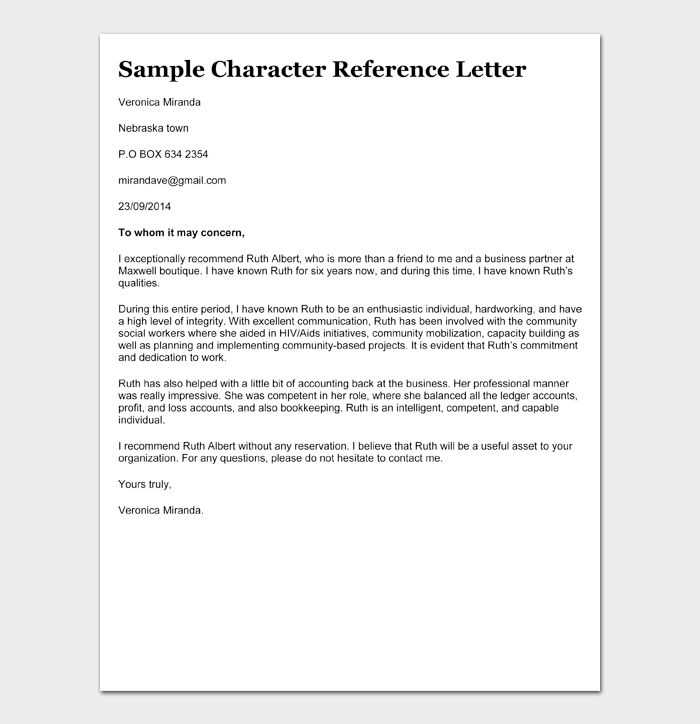
When someone faces a legal challenge, a supportive document can make a significant difference. This type of written support highlights the individual’s positive traits and character, providing a personal testament that may influence the outcome of the case. It serves as an opportunity to show the person’s good intentions, responsible behavior, and overall integrity to the authorities or the court.
Understanding the Importance of a Supportive Document
Such a written statement carries weight, as it presents an individual’s qualities that might not be evident from formal legal proceedings alone. It offers insight into the individual’s life, often providing a clearer picture of their personality and values, which can help in reducing penalties or securing a more lenient judgment.
Essential Components to Include
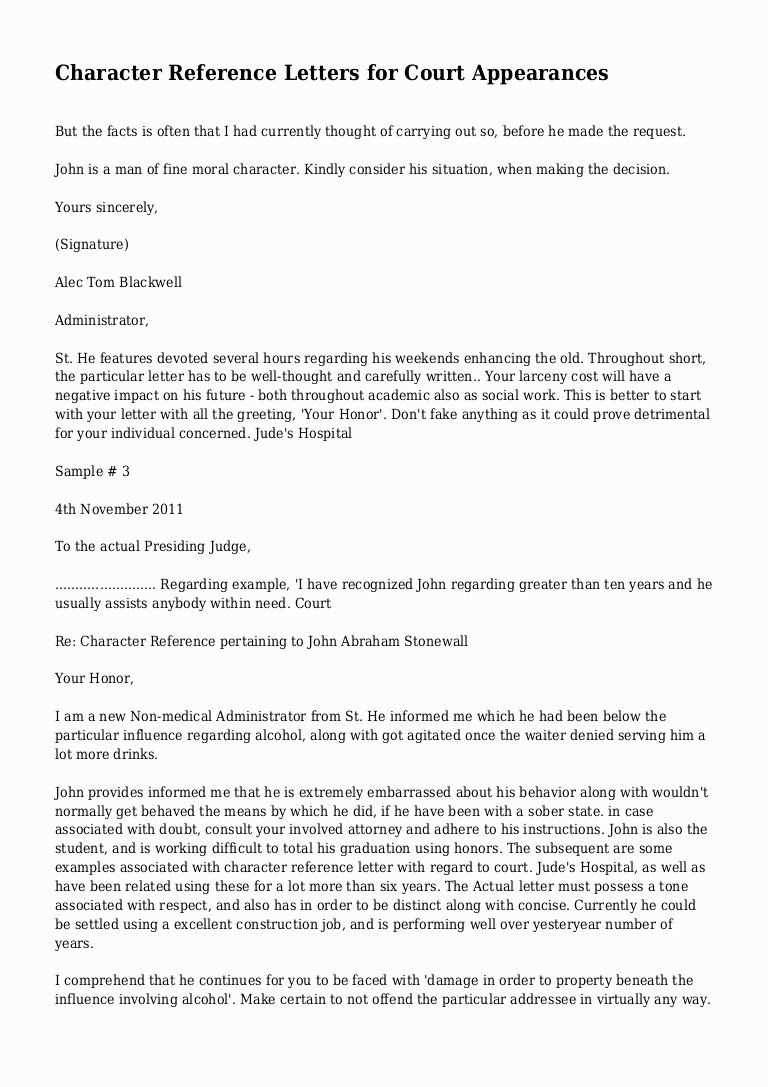
- Introduction: Briefly describe your relationship with the individual and the length of time you have known them.
- Personal Attributes: Highlight key qualities like honesty, responsibility, and empathy that make the person trustworthy.
- Examples of Good Character: Share specific instances where the individual demonstrated positive behavior or actions.
- Closing Support: Reaffirm your belief in their commitment to make positive changes or to contribute positively to society.
Tips for Crafting a Persuasive Statement
Being clear, concise, and sincere is crucial when composing this type of document. Avoid exaggerations or overly formal language. The statement should come across as genuine and heartfelt, reflecting your true understanding of the individual. Make sure it is properly structured, ensuring that all points are covered effectively while maintaining a polite and respectful tone.
Common Mistakes to Avoid
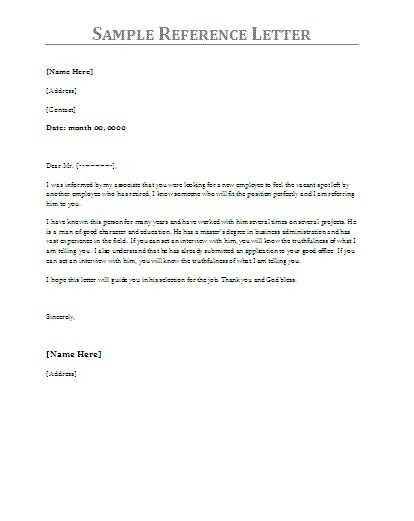
- Do not include irrelevant personal information that does not relate to the case or the individual’s character.
- Avoid sounding too formal or impersonal, as it may not convey the intended level of support.
- Ensure there are no inconsistencies or contradictions in the details shared about the individual’s behavior.
Examples for Guidance
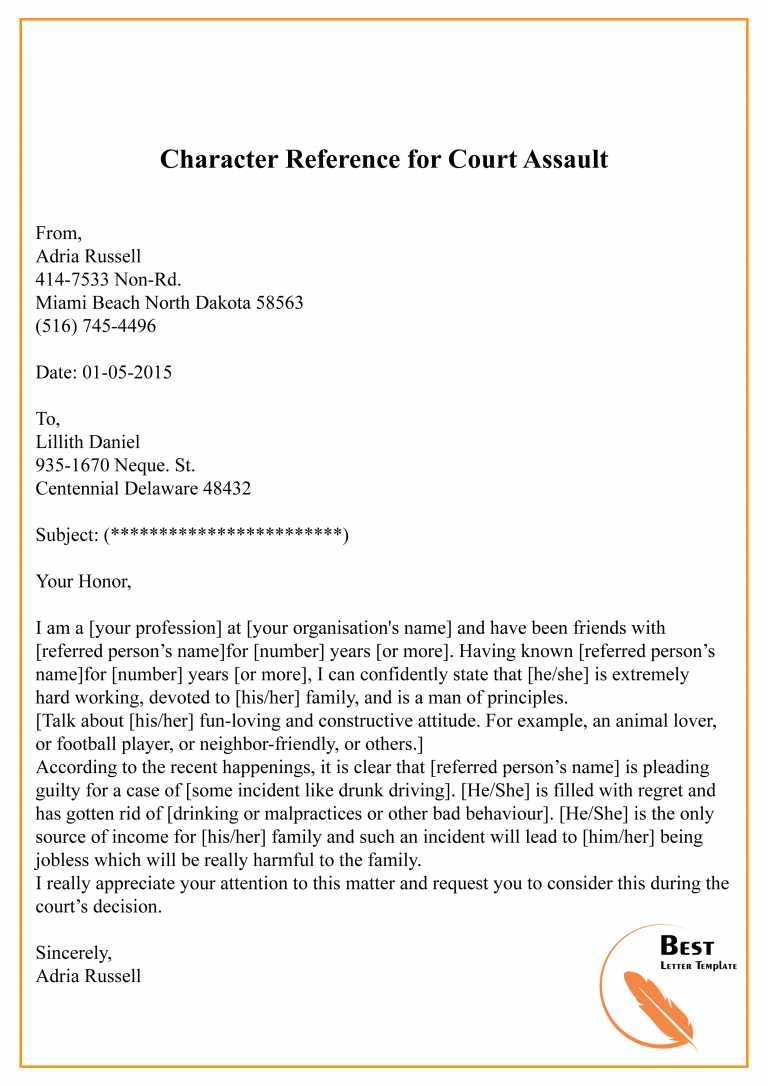
Sometimes seeing a well-structured document can help you understand how to approach writing your own. Examples and samples can provide clarity on formatting and the key points that need to be covered. These examples should only serve as a guideline, and personal insights are always more effective in making the document meaningful.
Support Document for Legal Cases
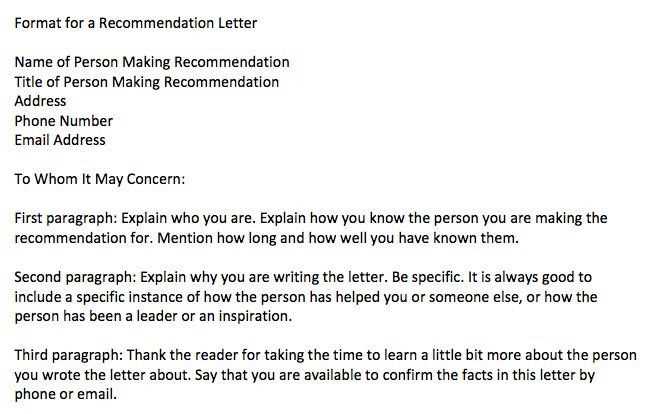
In many legal situations, a written endorsement can be an essential tool to help present the individual in a more favorable light. This type of statement provides insights into the person’s true nature and behaviors, highlighting their positive qualities and showing their commitment to making positive changes. It often plays a crucial role in influencing the outcome of legal proceedings.
Why Such Support is Crucial
When facing a legal situation, it can be easy to overlook the personal qualities that make a person who they are. A well-written endorsement brings attention to the aspects of a person’s life that may not be visible in official records or formal hearings. It demonstrates that they are more than just their past actions, emphasizing their growth, responsibility, and potential for positive change.
Key Elements to Include in Your Statement
- Relationship Overview: Briefly explain how you know the person and the context of your relationship.
- Positive Qualities: Focus on traits such as honesty, reliability, and empathy that reflect their character.
- Real-Life Examples: Share concrete instances that illustrate the person’s integrity and positive actions.
- Supportive Conclusion: Reaffirm your belief in their potential for rehabilitation or contribution to society.
Crafting a strong and convincing document is an art that requires careful consideration. It should be clear, concise, and specific, without overstating the facts or adding unnecessary details. The tone should be respectful and sincere, and the content should be free of contradictions or exaggerations.
Common Pitfalls to Avoid
- Don’t include irrelevant details about the individual’s personal life that do not pertain to the case.
- Avoid sounding too formal or impersonal, as it may not convey the level of personal belief and support.
- Ensure that all details are consistent and truthful to avoid any credibility issues.
While writing this type of document can be challenging, seeing examples of well-structured statements can offer valuable guidance. Templates or sample documents can give insight into the right format and the key details to include, but it’s important to add a personal touch and make the statement unique to the individual being supported.